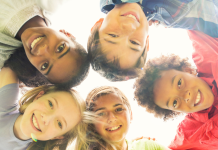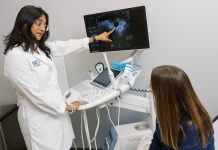September is Childhood Cancer Awareness Month.
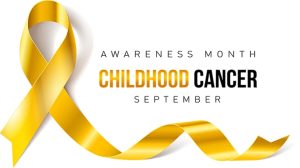
“Your child has cancer.”
These are four of the scariest words a parent could hear out of a doctor’s mouth. Every 3 minutes, parents hear these words. From that moment on, they are thrown into a world of a medically complex diagnosis with no choice but to be strong. As parents who have been down this road would say, their life is never the same. They have a new “normal.”
With a cancer diagnosis, parents have to learn the names of the new drugs their child is on and often be creative in giving medicines to their child. They learn their child’s study protocols (if they are on one) and treatment regimens. Treatment can last as long as two years. Parents see their child go off for procedures that may include a central line placement for the chemotherapy, biopsies, or chemotherapy through their spinal fluid. They watch nurses put a gown, face shield, and gloves on to protect themselves from the same drugs their child is receiving in their bloodstream to save their lives. The generosity of the blood donors is seen when they watch blood products be transfused into their child.
When there is more than one child in a family, it often means their family is split up for clinic visits or for hospital admissions. Moms and Dads often divide and conquer or lean on their village. One is often at home with their other child(ren), and one is at the hospital, or if they are lucky, they have the support system who lets them both be with their child. There is no perfect solution for the family unit. Children at home may suffer with the changes to routines. Family fun looks different too. There is no swimming in lakes or rivers when their child has a central line. If their child’s counts are low, there is no going to the park, zoo, or even the store. The simple joys of childhood are no longer simple.
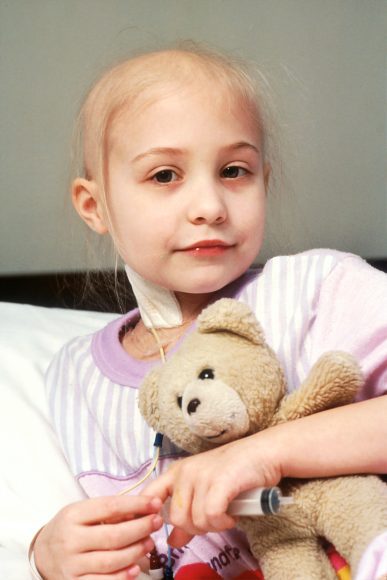
Even on good days, families of children with cancer will not be able to go back to the “normal” they had prior to cancer. When their child is having a good day, it can be hard for parents to grasp, thanks to the anxiety and fear that comes with a cancer diagnosis. Parents feel they have to stay prepared and ready for when the effects of cancer sneak up. Even when they take a chance to have a date night or a family day, they can be called away due to an unexpected fever or side effects from treatment. For example, if their child gets a fever, it means an automatic trip to the clinic or emergency room for further evaluation. Some families keep a bag ready with clothes, toys, and essentials for a hospital stay in case they have an unplanned admission.
When their child has rung the bell to signal the completion of treatment, the battle does not end. Their lives do not go back to the “normal” they had prior to cancer though they can regain some of the normalcy they once knew. Their child has to continue with appointments to ensure their cancer is MRD (minimal residual disease) negative. They have to monitor for the late effects of chemotherapy which can ironically include other types of cancers or affect their hearts, lungs, and hormones over time. The worry of relapsing grows as their appointments gets closer. While their child may no longer get chemotherapy, the cancer is still very much a part of their lives.
In the United States, approximately 16,000 families are battling childhood cancer, and 20% of these families will have a child who will not survive it. Cancer remains the #1 cause of death by disease for kids in the United States. Children who battle cancer are superheroes. And behind every superhero is a parent who fights as hard as their child to give them a chance to have a normal life.
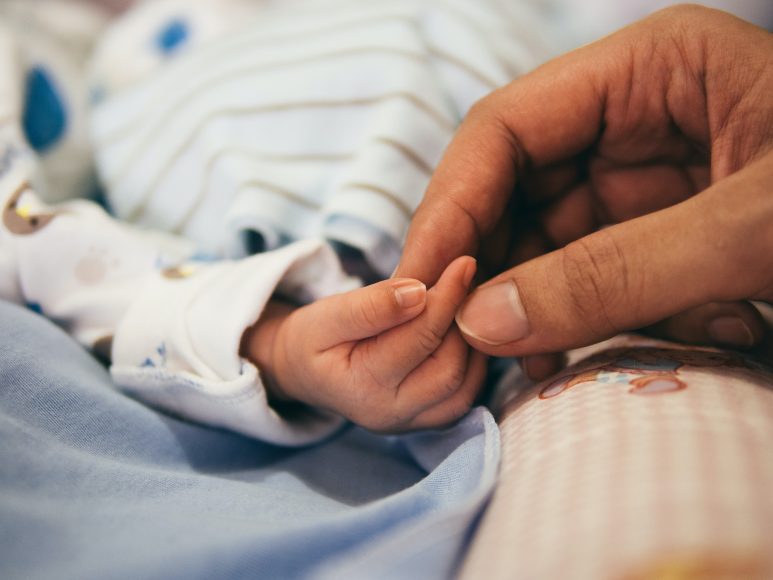
To help kids with cancer in the St. Louis area, check out Camp Rainbow, Friends of Kids with Cancer, and St. Baldrick’s.
*This blog was written with the help of moms whose children are cancer survivors (whether undergoing treatment or having completed treatment) or who have lost their lives in the fight with childhood cancer. It would not be possible without these amazing and inspiring moms.*



